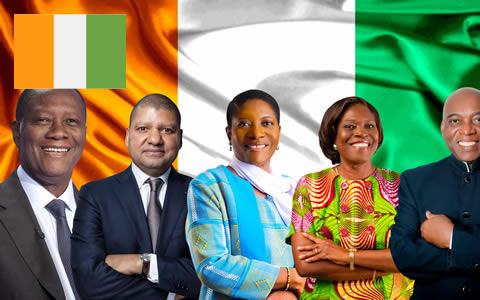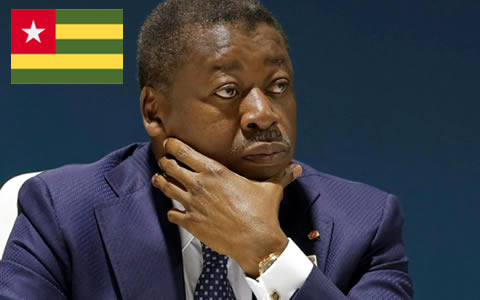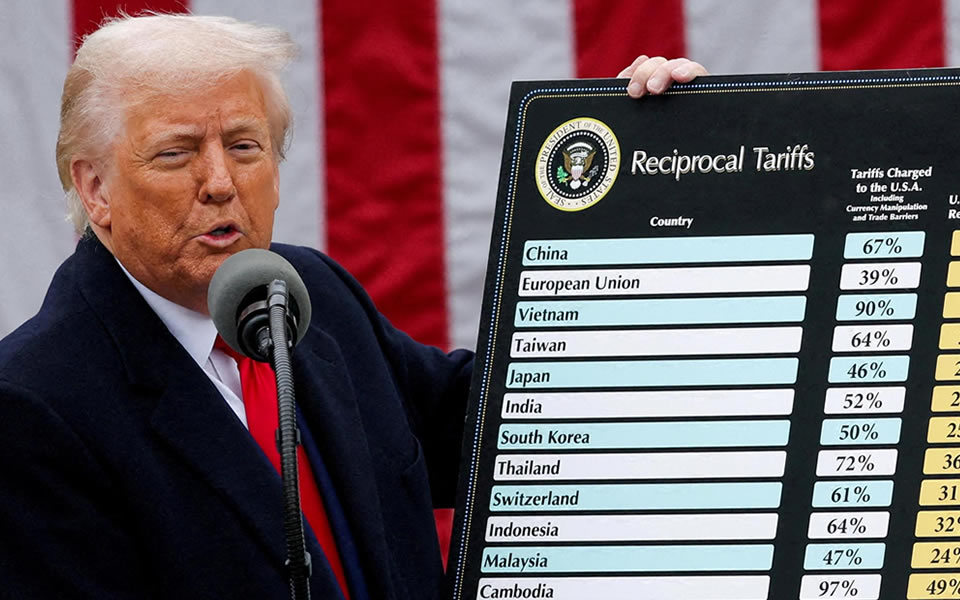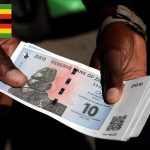
ZiG: Zimbabwe’s New Gold-Backed Currency
May 16, 2024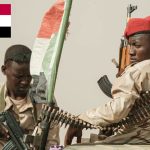
State of Violent Extremism – Rapid Support Forces (RSF)
June 3, 2024ATTEMPTED COUP IN THE DRC: OVERVIEW & IMPLICATIONS
Analysis By: Intelligensis Security & Political Analysis Desk
What You Should Know
- Thwarted Coup Attempt: On May 19, 2024, security forces of the Democratic Republic of Congo (DRC) thwarted a coup attempt led by Christian Malanga, a US-based Congolese opposition politician. The plot involved both Congolese and foreign nationals, including American citizens, who launched coordinated attacks on key government sites in Kinshasa.
- Main Perpetrators: Christian Malanga, the leader of the coup, was killed during the attempted takeover. His son, Marcel Malanga, and another American, Benjamin Reuben Zalman-Polun, were among those arrested. Malanga had a history of political opposition and alleged coup plots against the DRC government.
- Government and Military Response: The DRC military responded swiftly to the coup attempt, engaging in firefights with the attackers and restoring order. The government has since launched investigations into the involvement of foreign nationals and potential lapses in security.
- International Reactions: The attempted coup drew significant international attention and condemnation. Other African countries like Kenya and South Africa, along with international bodies like the African Union and the International Conference on the Great Lakes Region (ICGLR), condemned the coup attempt and expressed support for the DRC's democratic institutions.
- Future Implications: In response to the coup attempt, President Felix Tshisekedi is likely to take drastic measures to consolidate power. This may include ensuring that key security, administrative, and economic positions are held by close allies, purging suspected anti-government elements from the security services and civil service, and even cracking down on opposition parties and their leadership.
Background
On May 19, 2024, the Democratic Republic of Congo (DRC) experienced a significant security threat when an attempted coup was thwarted by the Congolese military. The plot, led by US-based opposition figure Christian Malanga, involved attacks on key government sites, including the residences of Economy Minister Vital Kamerhe and the presidential palace, Palais de la Nation, in Kinshasa. The coup attempt, marked by early morning assaults, was quickly countered by security forces, resulting in the deaths of several assailants and the arrest of approximately 50 individuals, including Malanga’s son Marcel and two other Americans.
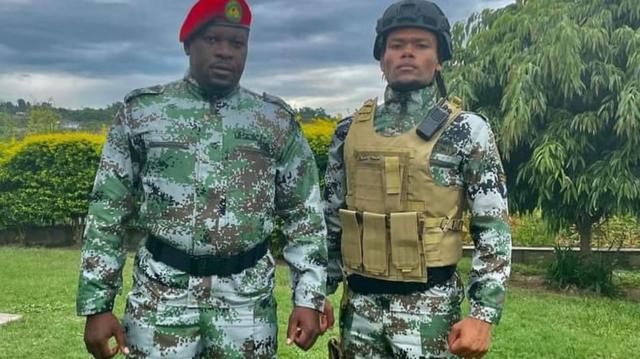
Christian Malanga (Left) & Son, Marcel Malanga (Right)
Timeline of the Attempted Coup
The timeline of key events surrounding the attempted coup are as follows;
4:00 AM:
Armed men in military uniform launched simultaneous attacks at key locations in Kinshasa, including the residence of Economy Minister Vital Kamerhe in the Gombe district and the Palais de la Nation, which houses President Felix Tshisekedi's offices.4:30 AM:
Gunfire erupted at the residence of Vital Kamerhe. According to multiple sources, two police officers and one of the attackers were killed during this attack.4:45 AM:
The attackers moved towards the Palais de la Nation, brandishing flags of Zaire, the name of the Democratic Republic of Congo under former dictator Mobutu Sese Seko, who was overthrown in 1997.5:00 AM:
Reports began circulating on social media about the attacks. Videos showed men in military fatigues at the Palais de la Nation.5:15 AM:
Defense and security forces were deployed to confront the attackers. A firefight ensued near the presidential palace.7:00 AM:
The Congolese army announced via national television that the attempted coup had been thwarted. General Sylvain Ekenge stated that the defense and security forces had stopped the attackers, killing several and arresting around 50, including three American citizens.Throughout the Day:
Streets near the Palais de la Nation remained closed to traffic, and the situation gradually returned to normal, though with heightened security.Following Days:
Congolese authorities began investigating the attackers' origins and motives, identifying key figures involved in the plot.
Main Actors Behind the Attempted Coup
Central to the plot were Christian Malanga, his son Marcel Malanga, and their American associate, Benjamin Reuben Zalman-Polun. Each of these individuals played a critical role in the failed attempt to overthrow the government of President Felix Tshisekedi.
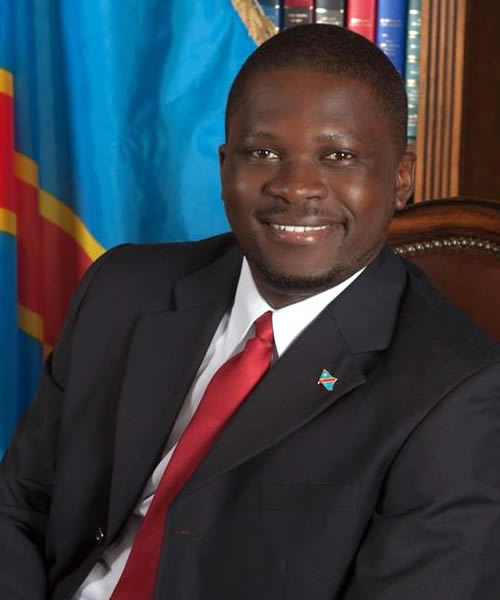
Christian Malanga
Christian Malanga, born in 1983 in Kinshasa, Democratic Republic of Congo, became a prominent opposition figure and the mastermind behind the attempted coup on May 19, 2024. As a political refugee, he relocated from the DRC to Utah in the United States in 1998. Malanga become somewhat of a leader within the Congolese diaspora in the U.S. He founded the United Congolese Party in 2010, which positioned itself as a staunch opposition to the Congolese government, particularly targeting President Felix Tshisekedi. Malanga established various ventures, including a non-profit organization and businesses in gold mining and used cars. Despite his public persona as a crusader for democracy and religious freedom, Malanga had a checkered past with multiple criminal charges, including assault and domestic violence, though many of these charges were dismissed. He appears to have planned and led the failed coup, where he was killed during a firefight with security forces at the Palais de la Nation, driven by a vision to establish a "New Zaire," harking back to the era of Mobutu Sese Seko.

Marcel Malanga
Marcel Malanga, born in 2003, is the son of Christian Malanga. Raised in Utah, Marcel had a seemingly typical American upbringing, engaging in school sports and social activities. However, his life took a dramatic turn when he accompanied his father to the DRC to participate in the coup attempt. Captured during the coup, Marcel was seen in video footage pleading for his life, a stark contrast to his previous online persona, which showcased a carefree and affluent lifestyle. His involvement in the coup has been described by his mother, Brittney Sawyer, as the actions of an "innocent boy following his father."
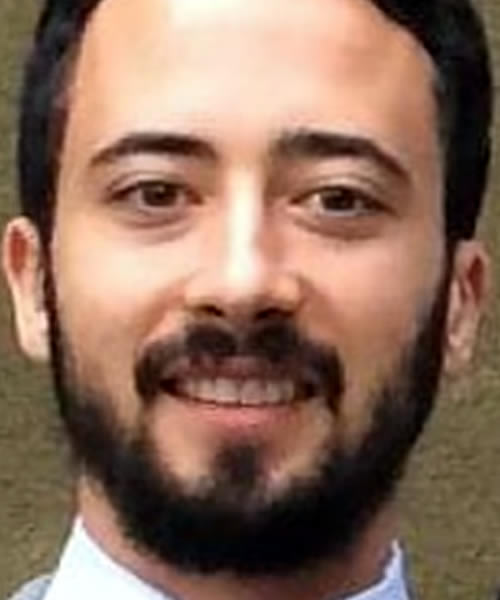
Benjamin Reuben Zalman-Polun
Benjamin Reuben Zalman-Polun, a 36-year-old American from Maryland, also played a significant role in the attempted coup. Zalman-Polun graduated from the University of Colorado and attending business administration classes at Georgetown University. He also engaged in commodity trading as well as working as a courier and Uber driver. Zalman-Polun's criminal record includes a 2014 conviction for drug trafficking, after which he provided substantial assistance to prosecutors, resulting in a reduced sentence. His connection to Christian Malanga appears to stem from a gold mining venture in Mozambique. Zalman-Polun was arrested during the coup attempt, and his involvement raises questions about the motivations and networks that facilitated the plot against the Congolese government.
Motives behind the Coup Attempt
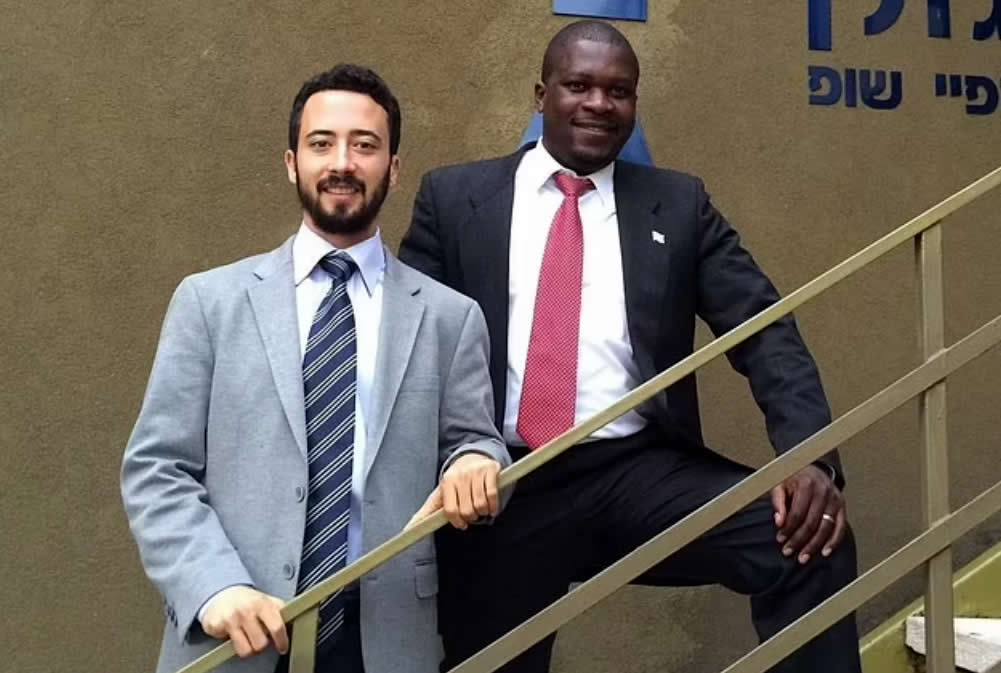
Benjamin Zalman-Polun (Left) and Christian Malanga (Right) at the Golan Spy Shop in Tel-Aviv, Israel
The attempted coup was driven by a combination of political discontent, personal grievances, and broader geopolitical dynamics. Christian Malanga’s longstanding opposition to President Tshisekedi’s government, marked by accusations of corruption and mismanagement, was a central motive. Malanga's personal history, marked by previous criminal charges and failed political ambitions, fueled his determination. The involvement of foreign nationals, particularly Americans, suggest potential economic interests in the DRC’s mineral wealth. The broader context of recent coups across Africa and the socio-economic instability in the DRC, characterized by poverty and ongoing conflicts, were likely significant factors in the coup plotters calculus.
Response of the DRC Government & Military
The DRC government and military responded swiftly to the coup attempt. Security forces were quickly mobilized to counter the threat, engaging in firefights and securing key sites. The prompt action resulted in several deaths among the assailants and the arrest of approximately 50 individuals. Public communication emphasized that the situation was under control, and the government launched thorough investigations into the involvement of foreign nationals and potential security lapses. International support from organizations and neighboring countries reinforced the government’s position.
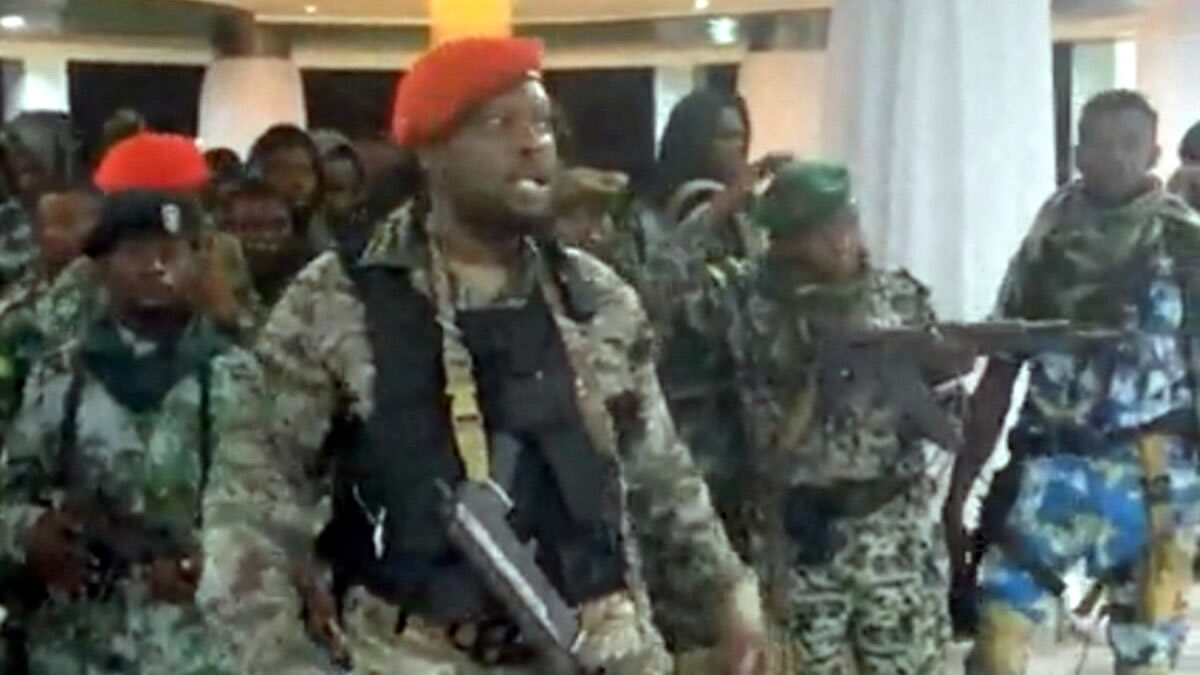
Christian Malanga with his collaborators just before launching the attempted coup in the Democratic Republic of Congo (DRC)
Implications for the DRC
The coup attempt has significant implications for the DRC's political stability, security apparatus, and international relations. President Tshisekedi is likely to consolidate power by placing loyalists in key positions and purging suspected anti-government elements. A crackdown on opposition parties is expected, potentially limiting political dissent. The coup attempt may also impact the DRC’s international relations, prompting closer scrutiny of foreign influences. Economically, the political instability could deter investment, exacerbating existing challenges. However, without finding sustainable ways of addressing socio-economic development and political issues, the security situation in the DRC is likely to improve.
Forecast
In response to the coup attempt, President Tshisekedi is expected to take drastic measures to consolidate power. As seen in the aftermath of failed coups in other countries, key positions will likely be filled by loyal allies, and suspected anti-government elements will be purged from the security services and civil service. There may also be a crackdown on opposition parties. The government will enhance its security posture, intensify intelligence collection, and strengthen regional and international alliances to prevent future threats. Although addressing socio-economic challenges and promoting political inclusivity will be essential for ensuring long-term political stability, the DRC government will likely prioritize regime protection over policies that will bring about economic growth.

